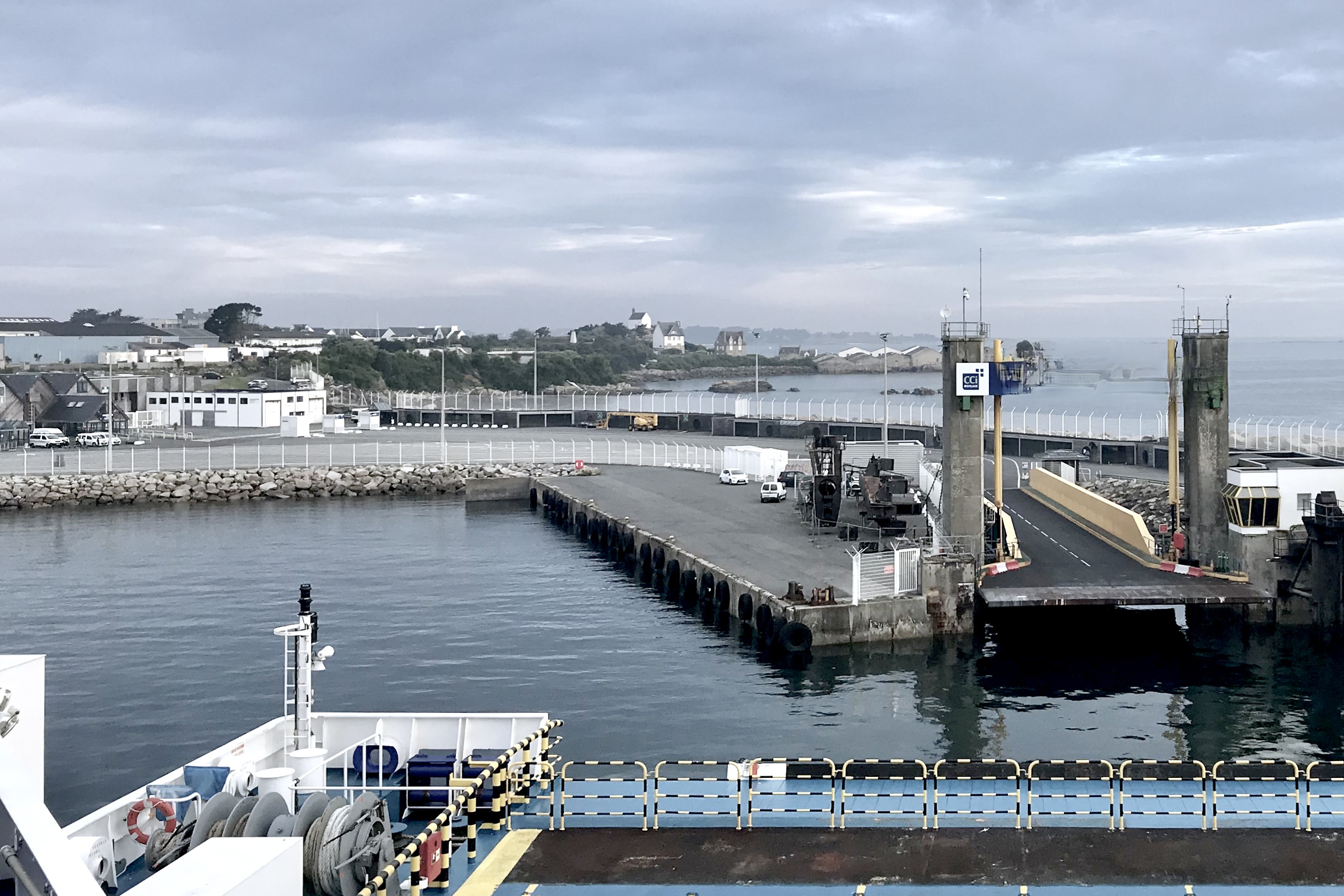Earlier today, Monday 4 December, Home Secretary James Cleverly announced measures to try to limit legal migration into the UK.
His proposals, which are unlikely to be welcomed by many sectors of the economy, include increasing the minimum salary of those seeking entry to our labour market to just under £38,000.
This is very likely to reduce the number of legal immigrants looking to relocate here to work, but the unintended consequences are likely to impact negatively on the UK’s leisure and hospitality industry, which is struggling to recruit sufficient numbers.
The average salary for those working in the hospitality arena in London is £29,000, which will be much lower in other parts of the country. The £38,000 salary is likely to exclude many people looking to work in the hospitality sector, which has been struggling to get back on its feet since the Covid-19 pandemic swept across the country in early 2020.
As the pandemic eased the country was hit with a cost of living crisis, partly fuelled by the war in Ukraine, which lead to eye-watering increases in the cost of gas, electricity, petrol and diesel.
The increasing energy costs put drinks producers and the on-trade under so much pressure that many have closed their doors for the last time. Some industry experts are quoting that at least two pubs per week are going out of business. We also know that the many producers have been hit with spiralling costs, and both sides of the hospitality coin (producers and venues) have struggled to recruit.
The plan to increase the minimum salary level may appeal to some sectors of electorate, but many business owners are going to be pulling their hair out with exasperation as they will see their potential labour market dwindle, just as it did as a result of the UK leaving the EU, which brought an end to the free movement of labour.
Yes, we need to get more unemployed people back into work, but it will take months, if not years, to start to get anywhere near the number of workers needed to help those companies to fill those empty vacancies. In the meantime, companies will struggle to recruit and this will impact on the growth potential of many businesses.
The ultimate irony would well be if those struggling companies started to employ migrants that entered the country by crossing the channel on flimsy inflatables.
Putting an end to illegal immigration is something that most people would agree with, but should we not be welcoming those who want to come the UK legally to help boost the economy?


